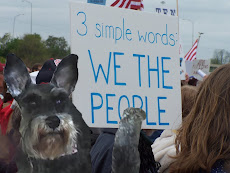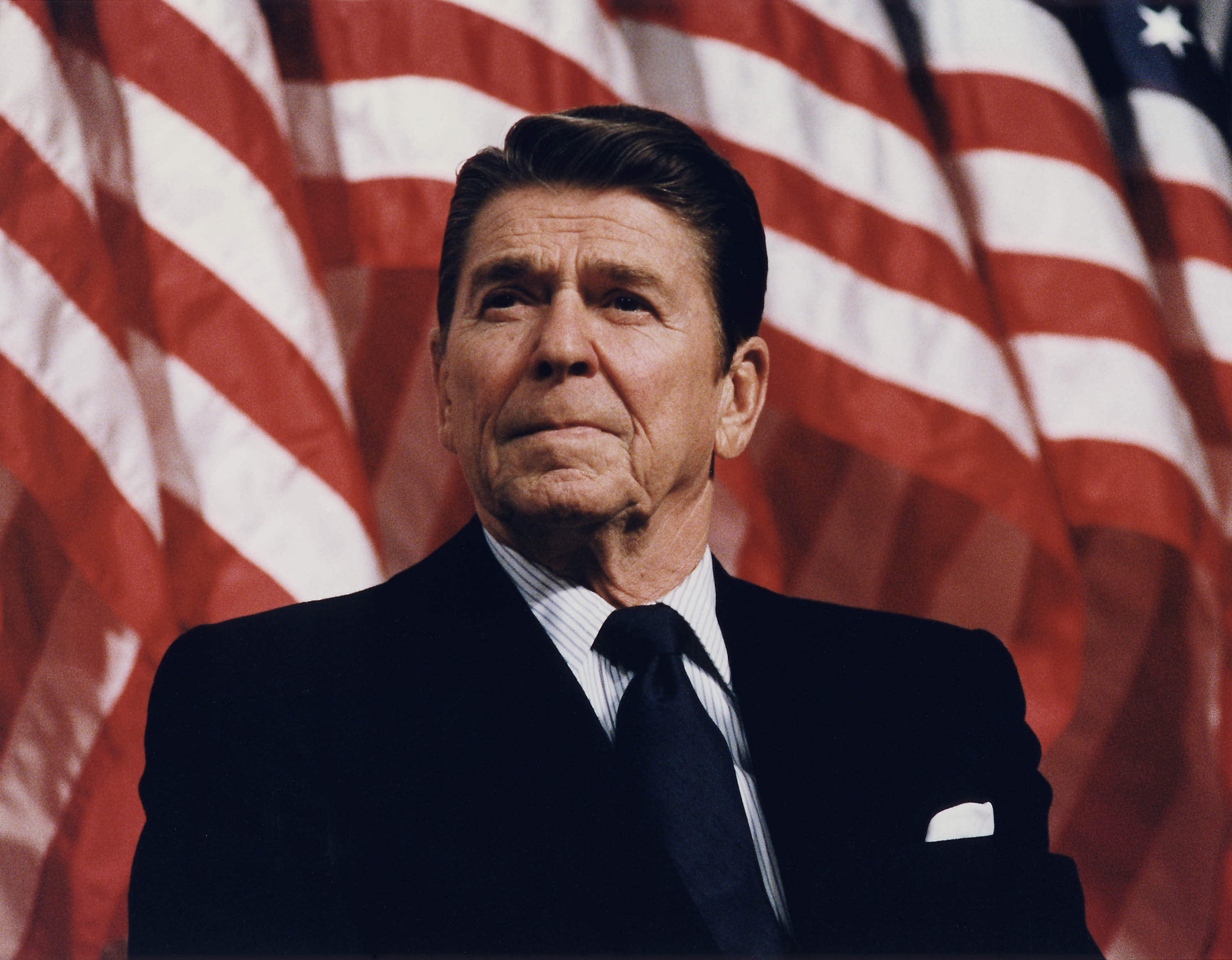
Cleveland will spend big money to turn off the lights
By Mark Puente, The Plain Dealer
January 29, 2010
CLEVELAND, Ohio — After turning the lights on in 1976 at Cleveland police headquarters, officials still can't shut them off.
Light switches were never installed.
That will change after the city pays consultants to install switches in parts of the nine-story building downtown and make energy improvements in other city buildings.
The cost for the entire project: $792,000. City officials said the work will be paid for with federal grants.
City Council's Public Safety Committee this week passed an ordinance Wednesday to award contracts for the work. The measure awaits a vote by the entire 19-member council.
It costs about $1 million each year to light, heat and cool police headquarters, Safety Director Martin Flask said.
The city hopes to at least rewire two floors of the building so the lights can be turned off, Flask said.
"I don't think there's 15 light switches in that building," Flask said.
Cleveland faces a $23 million deficit this year and is looking for ways to cut costs.
The 24-hour lights are a stark contrast to Mayor Frank Jackson's office. He keeps the lights dark in his office because he has enough natural sunlight. The move saves money and make others energy conscious, city officials said.
Flask did not want to speculate on why light switches were never installed when the building opened during Mayor Ralph Perk's tenure in 1976.
"I don't know the logic," he said.
(15 light switches, 792,000? hmmmm, I'm thinking they need to call Mr. Sparky. What in the hell is wrong with our government officials? Yeah, I said it and you are entitled to my opinion. VN8)






2 comments:
Hey, more token jesters from our government.
Cause if they think they can solve the multi-million dollar deficit by not turning on the lights is delusional and insulting to the tax payers.
Hey, there's a reason Cleveland is a third world city.
Post a Comment